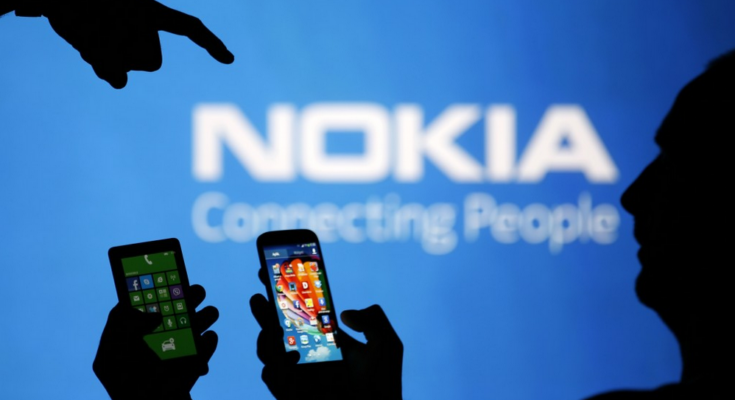Key Takeaways
- Due to divestitures and a downturn in the Indian market, Nokia’s Q3 revenues fell by 8%.
- Cost-cutting initiatives and regional strategy were the main drivers of the company’s 32% profit rise.
- Despite present difficulties, Nokia is committed to long-term growth and is growing its global presence.
Nokia Oyj announced today that its third-quarter sales had dropped by 8%, mainly due to a downturn in the Indian market.
The Finnish telecom equipment company reported $4.7 billion in revenue, which was less than the $5.1 billion analysts had predicted. Net profit increased by 32% to $190 million despite the decline in revenue, helped by cost-cutting initiatives and better product and regional strategies.
The CEO of Nokia, Pekka Lundmark, emphasized the uneven performance of the company’s business divisions, pointing out that although some are still having difficulties, others are starting to improve. A key component of Nokia’s business, the mobile networks division, is nevertheless facing pressure. Nonetheless, the business is continuously concentrating on sectors exhibiting development potential and is optimistic about its transformation plan.
Nokia kept its full-year operating profit projection between $2.5 billion and $3.1 billion but warned that because of the slower sales rebound, actual results would probably be in the lower half of this range. As the market stabilizes, the company’s focus is on sustaining profitability.
In response, the company’s stock dropped 4.5% to €3.82 during Helsinki trading. This drop is indicative of persistent worries about Nokia’s capacity to recover in a bleak telecom equipment market.
Nokia’s growth is targeted by new markets and contracts
Nokia’s problems are a reflection of larger problems in the telecom equipment industry, where slowdowns have been caused by telecom operators’ decreased expenditure. Similar challenges are being faced by the industry as a whole, as rival Ericsson also reported a 1% drop in Q3 revenue.
Nokia has signed a number of new international contracts to solve these issues, such as partnerships with Vodafone Idea Ltd. and 5G contracts in Brazil and Vietnam. The business inked a $2.3 billion acquisition agreement with data center networking gear manufacturer Infinera Corp. in June.
Additionally, by focusing on secure communications for defense clients, Nokia is branching out beyond conventional telecom services. As part of this plan, the company acquired the U.S.-based tactical communications firm Fenix Group, which will enable it to access long-term growth prospects beyond its conventional market.



